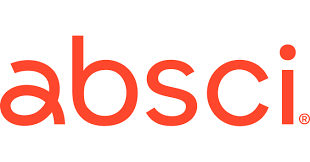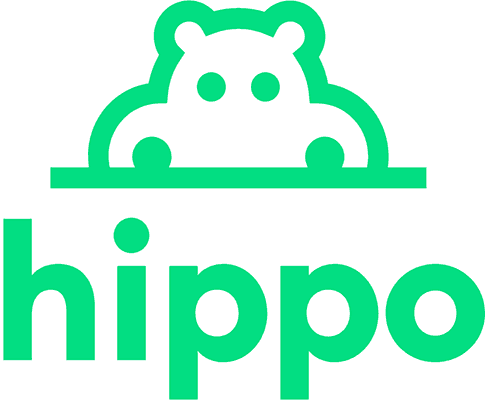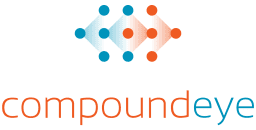





























Improved model accuracy by 22% through feature engineering and ensemble techniques for a customer churn prediction project.
Reduced training time of deep learning models by 40% by implementing distributed training on a GPU cluster.
Developed and maintained a comprehensive ML model versioning system to ensure reproducibility and traceability.
Zoe developed a computer vision system for autonomous drone navigation in urban environments. She implemented a novel object detection algorithm that achieved real-time performance on edge devices. The system was successfully deployed in a pilot program, enabling drones to navigate complex cityscapes with 95% accuracy.
Designed a recommendation engine that increased e-commerce conversion rates by 15% and average order value by 10%.
Optimized natural language processing pipeline, reducing inference time by 60% while maintaining 98% accuracy.
Led weekly knowledge-sharing sessions on advanced machine learning techniques for the data science team.
Rajesh created a predictive maintenance system for industrial equipment using IoT sensor data. He developed a time series forecasting model that predicted equipment failures with 89% accuracy up to 72 hours in advance. The system has been credited with reducing unplanned downtime by 35% in its first six months of operation.
Implemented a fraud detection system that identified $2.5 million in fraudulent transactions within the first quarter of deployment.
Increased model interpretability by 30% through the application of SHAP values and custom visualization techniques.
Collaborated with product managers to define and prioritize machine learning features based on business impact.
Lydia developed an AI-powered chatbot for a major healthcare provider. She fine-tuned a large language model to accurately answer patient queries about symptoms and treatments. The chatbot now handles 40% of initial patient inquiries, significantly reducing wait times for human assistance.
Developed a sentiment analysis model for social media monitoring, achieving 92% accuracy across 5 languages.
Reduced cloud computing costs by 25% through efficient resource allocation and model optimization techniques.
Mentored junior data scientists in best practices for developing scalable and maintainable machine learning code.
Carlos built a real-time traffic prediction system for a smart city initiative. He combined data from various sources including GPS, traffic cameras, and weather forecasts to create a model that predicts traffic congestion up to 2 hours in advance. The system has been integrated into the city’s traffic management platform, resulting in a 12% reduction in average commute times.
Improved image classification accuracy by 18% using transfer learning and data augmentation techniques.
Reduced model deployment time from 2 weeks to 2 days by implementing MLOps best practices and automated testing.
Spearheaded the adoption of ethical AI principles within the organization, focusing on fairness and bias mitigation in ML models.
Aisha developed a personalized learning algorithm for an educational technology platform. She created a reinforcement learning model that adapts to each student’s learning pace and style. The system has shown a 25% improvement in student engagement and a 15% increase in test scores across pilot programs.
With our extensive candidate network and dynamic team search approach, Redfish recruiters can greatly reduce your time to hire compared to in-house hiring processes.
Redfish recruiters handle every step of the process, including finding talent, screening candidates, scheduling interviews, conducting reference checks, and negotiating the offer, freeing up your in-house HR staff to focus on their other responsibilities.
We form the same in-depth relationships with clients that we establish with candidates, taking the time to fully understand your company and needs and giving each client a single point of contact for all communications.
We understand the roles we recruit for inside and out, whether that’s the technical jargon familiar to engineers and programmers or the skills that make an exceptional sales or marketing hire. When we send along a candidate, you can trust they have what it takes to excel.
With 20+ years in the recruiting industry, Redfish Technology has built an extensive network of connections and candidates, and our reputation precedes us. We’re a recruiting firm top talent wants to work with, giving you access to better talent than you’ll find from other services.




Typically, a bachelor’s or master’s degree in Computer Science, Statistics, or a related field with a focus on machine learning or AI.
Python is the most common, but proficiency in R, Java, or C++ can also be valuable depending on the specific role and projects.
Very important. Look for experience with popular frameworks like TensorFlow, PyTorch, scikit-learn, or Keras.
Yes, familiarity with big data tools like Hadoop, Spark, or Hive is often beneficial for handling large datasets.
Ask about their understanding of linear algebra, calculus, and statistics during the interview, or include relevant problem-solving tasks.
Look for diverse projects showcasing different ML techniques, such as classification, regression, clustering, or deep learning applications.
While not always essential, domain knowledge can be a significant advantage, especially in specialized industries like finance or healthcare.
This depends on your specific needs, but a balance of both can be ideal for tackling real-world problems with innovative approaches.
Ask them to explain a complex ML algorithm or concept in simple terms during the interview process.